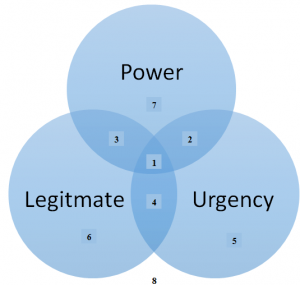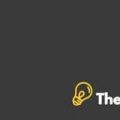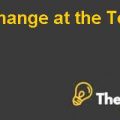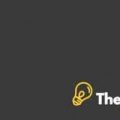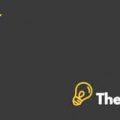StakeHolders Case Study Solution
Further, these three wide components are further categorized into eight categorize; Core (i.e. key stakeholders as they have enough power to influence, have authority to take action and can take those action urgently thus in my opinion they need to be focused and immediately satisfied ), Dominant (i.e. they have powers and authority but cannot take timely actions therefore what I believe that their expectations should be focused by the company), Dependent (i.e. they don’t have powers but they have the authority to influence other and can take timely action. As they have authority they can influence other people to take actions against the company thus need to be satisfied), Dangerous (i.e. they have powers and can take timely actions but have no authority. I believe that these stakeholders should be kept engaged and satisfied as they have powers ),Latent (i.e. they have huge powers but no urgency and authority still they are best of the kinds as they can correct something if anything goes wrong while doing a project), Demanding (i.e. they can take actions timely but have no authority or powers thus I believe that spending too much time on them is a waste of time), Discretionary (i.e. they have the authority but have no powers or urgency this in my opinion concludes that just inform them about everything and they’ll be satisfied), Non-stakeholders (i.e. they are not the stakeholders which are directly related to the organization’s project they are outsiders )Thus, with these three wide categorize and further classification on the basis of these categorize the key stakeholders can be identified easily and satisfied.(Aki Aapaoja, 2013)
Stakeholder’s Management
In my opinion, if a company wants to be successful in this competitive environment it should be very careful in its stakeholder management. As in today’s world the companies are no more about just making profits but it has to conduct its business in a responsible manner and should be more concern about the environment and the rights and interests of the people they work with. The companies now, have economic (i.e. creating profits and have a sustainable growth), ethical (i.e. perform the business in an ethical manner and avoid involvement in all those activities which are considered as unethical from the perspective of society and the state), legal (i.e. to conduct business operation within the laws and regulations identified by the state in which the company operates), philanthropic (i.e. entirely depends on business to participate in the social activities voluntarily) responsibilities. Further, if a company manages its stakeholders properly the chances of tis failure reduces and Quality it provides to its customers also improves as the company will then be closely connected with the needs and requirements of its customers (i.e. stakeholders). (Unknown, 2015)
International stakeholders management
As far as I have learned about stakeholder management I came to the conclusion that dealing with international stakeholders for the company is far more difficult than dealing with the domestic ones. As stakeholders needs and expectations vary from one country to another country and it’s difficult to satisfy all of them at ones. The different rules and regulations in different countries and the different nature and demands of stakeholders makes it more difficult to manage and satisfy all of them.
Key takeaways
From the above thoughts and facts mentioned in this paper I have learned that the knowledge of stakeholders will help me in my future professional career in a way that when I’ll be appointed on a managerial position in a company I would be able to prioritize the key stakeholders and can perform in the best interest of both the stakeholders and the company. Also I would be able to undertake stakeholders’ assessment in every project I’ll deal with as every project organization undertakes directly or indirectly impacts its stakeholders in a significant manner.
Conclusion
From the above paper I can conclude that stakeholders are the integral part of any organization, which can impact the organization in a positive or negative way and being able to identify your stakeholders and prioritize them in a way that the crucial ones are focused is as important for a company as generating profits. I believe that stakeholder’s management is crucial for the organization to be able to sustain its name in the industry in which it operates, because if they aren’t managed properly the company will face extreme criticism or in the worst to worst scenarios the companies might lose their business.
Appendices
Appendix-1: Salience Model Diagram
- Core stakeholders.
- Dangerous stakeholders.
- Dominant stakeholders.
- Dependent stakeholders.
- Demanding stakeholders.
- Discretionary stakeholders.
- Latent stakeholders.
- Non-stakeholders stakeholders.
Appendix-2: Stakeholder Management
This is just a sample partical work. Please place the order on the website to get your own originally done case solution.
How We Work?
Just email us your case materials and instructions to order@thecasesolutions.com and confirm your order by making the payment here

